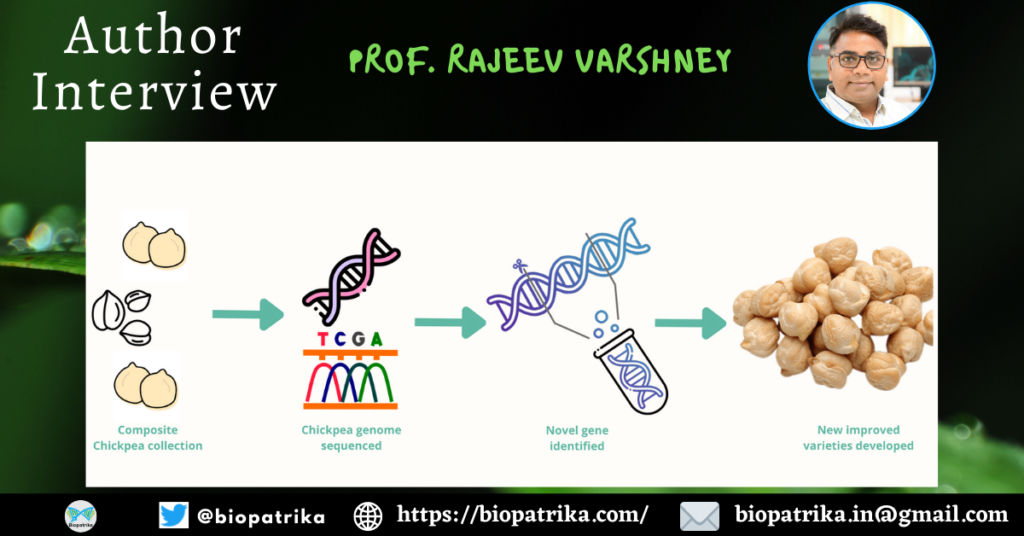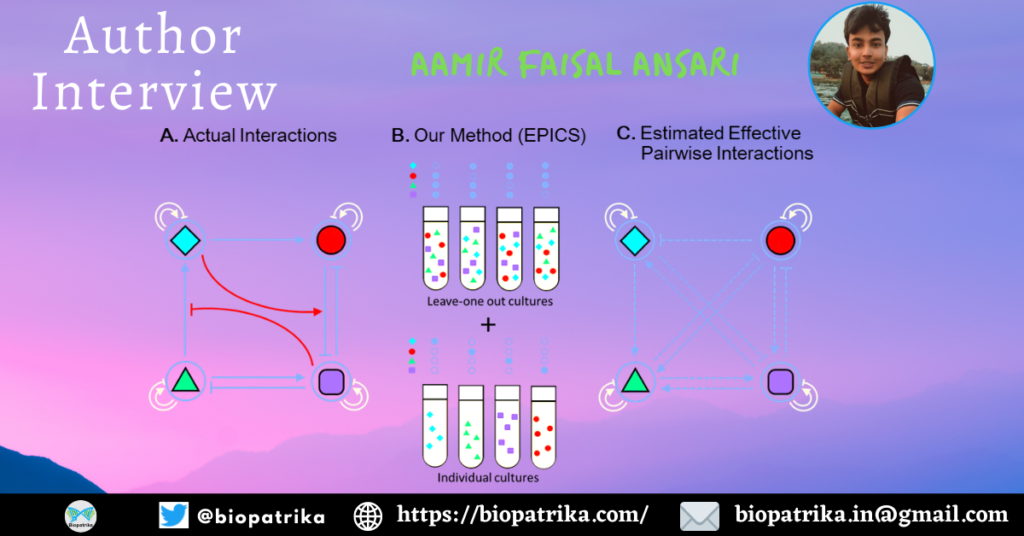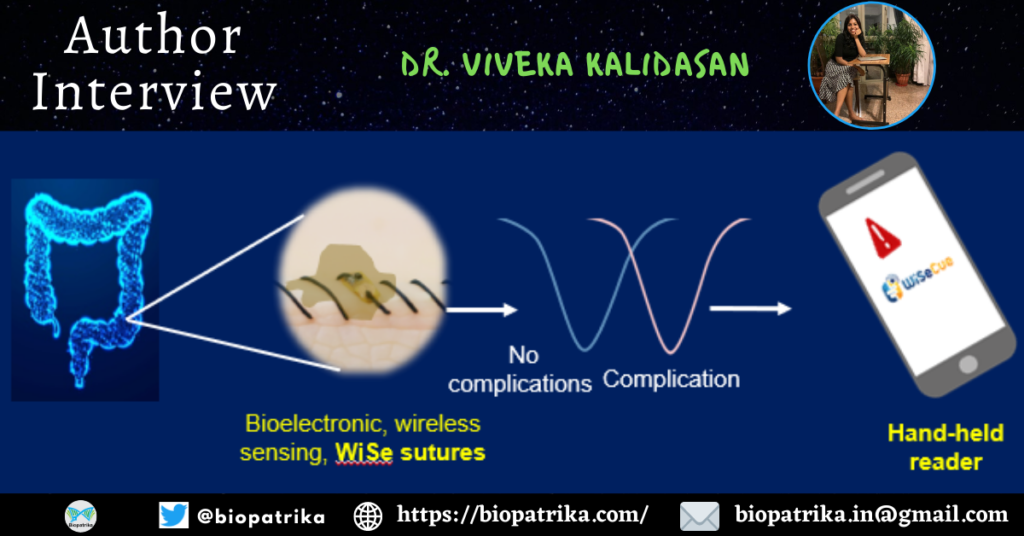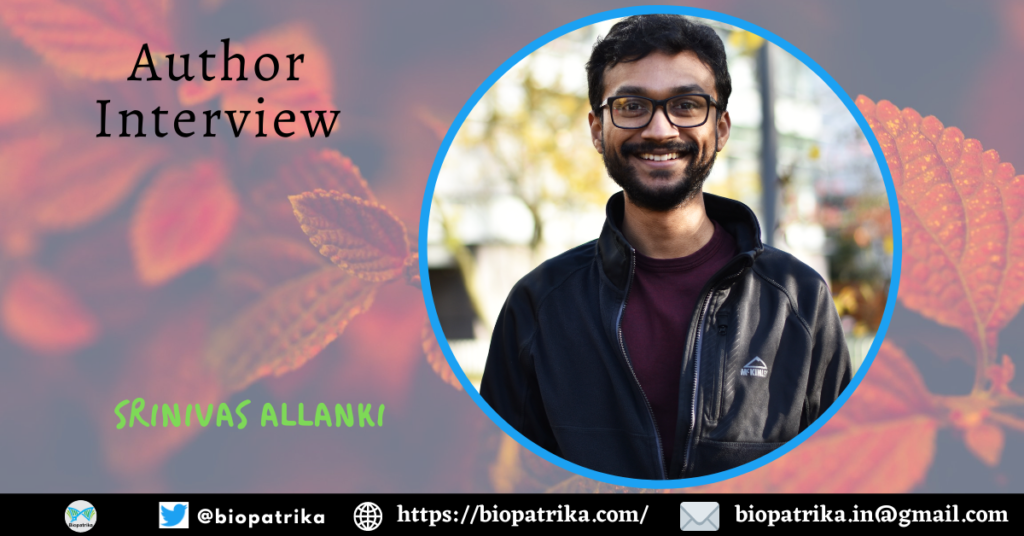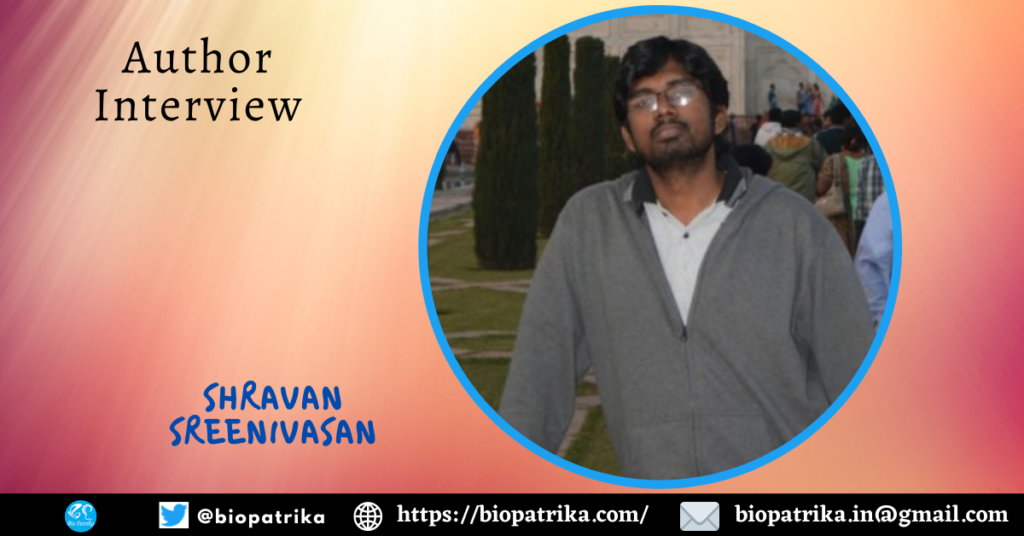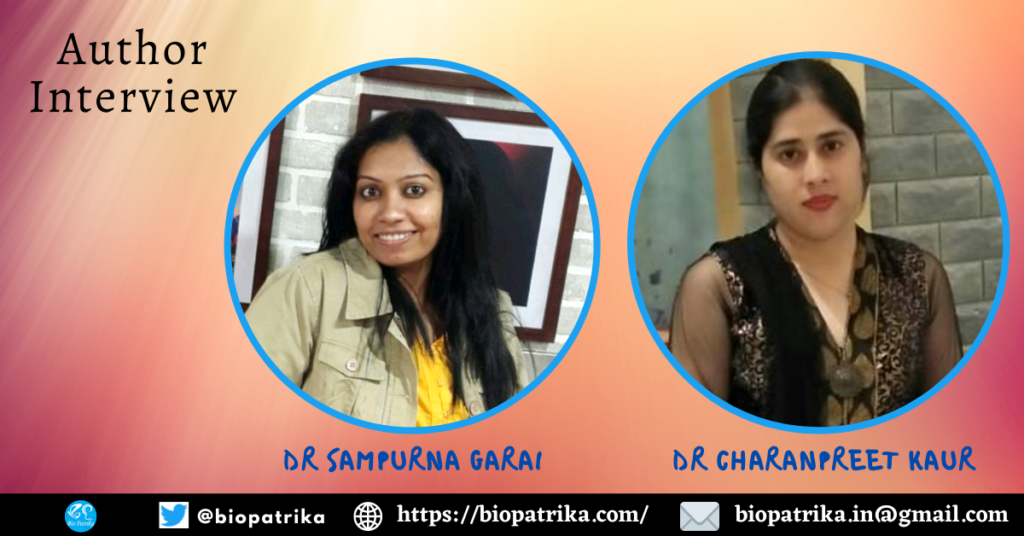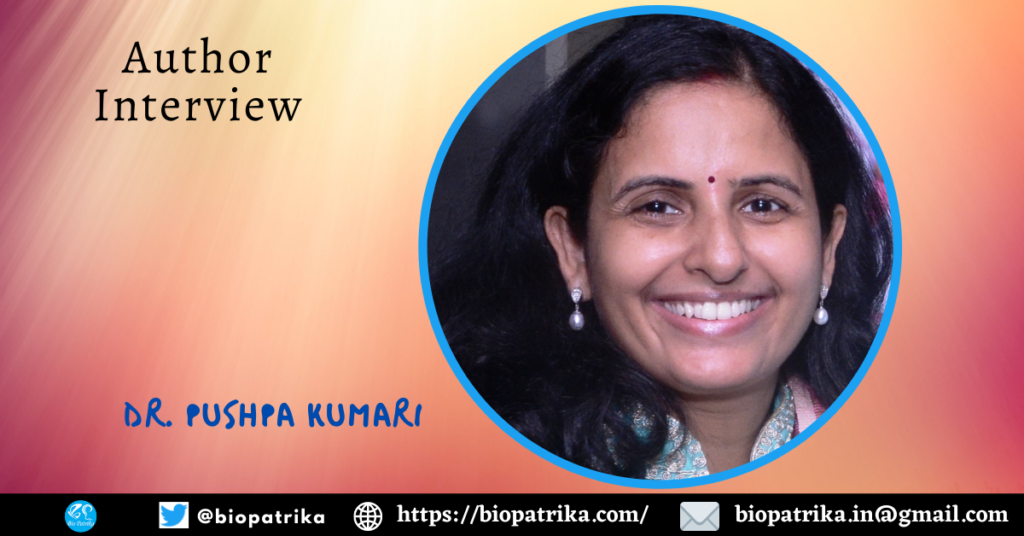Srinivas Allanki is from Eluru, Andhra Pradesh, India. He did his Bachelor’s and Master’s (Dual-Degree) in Biotechnology from the Department of Biotechnology at the Indian Institute of Technology Madras (IIT Madras). His Master’s research, under the joint supervision of Prof. Madhulika Dixit and Prof. Nandan Kumar Sinha, mainly focused on devising strategies to analyze and model transcriptomic data. After graduating from IIT Madras in 2016, he joined the research group of Dr. Sven Reischauer in the Department of Developmental Genetics led by Prof. Didier Stainier at the Max Planck Institute for Heart and Lung Research, Bad Nauheim, Germany. The primary goal of his doctoral research is to identify and characterize the molecular mechanisms that orchestrate tissue regeneration in zebrafish, paving the way for potential therapeutic strategies in human regenerative medicine. He identified Interleukin-11 signaling as a global regenerative pathway in zebrafish that suppresses scar formation. This work was recently published in Science Advances. He currently continues to investigate the molecular and genetic consequences of Interleukin-11 signaling during regeneration and scarring after tissue damage, in Dr. Reischauer’s group in the Department of Experimental Cardiology, Justus-Liebig University Giessen, Giessen, Germany, which focuses on cardiac development and pathologies.
